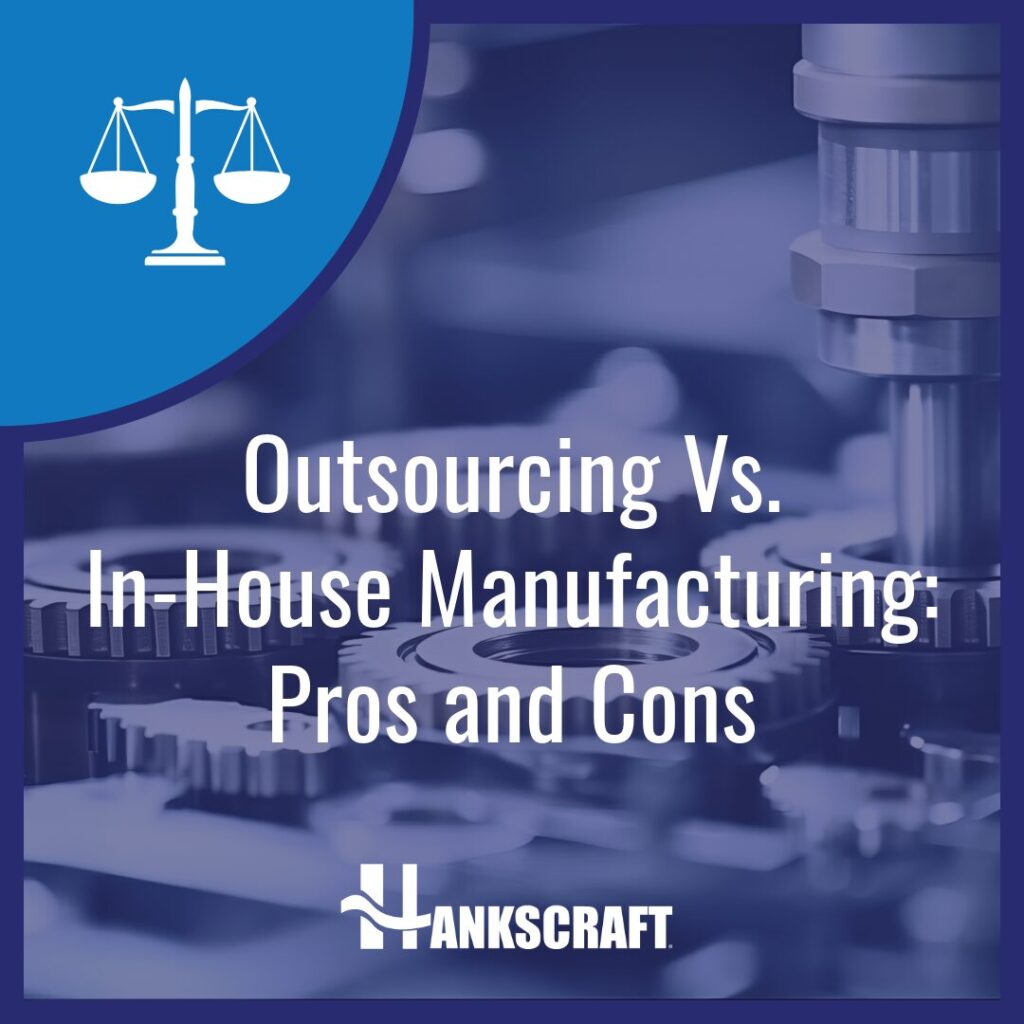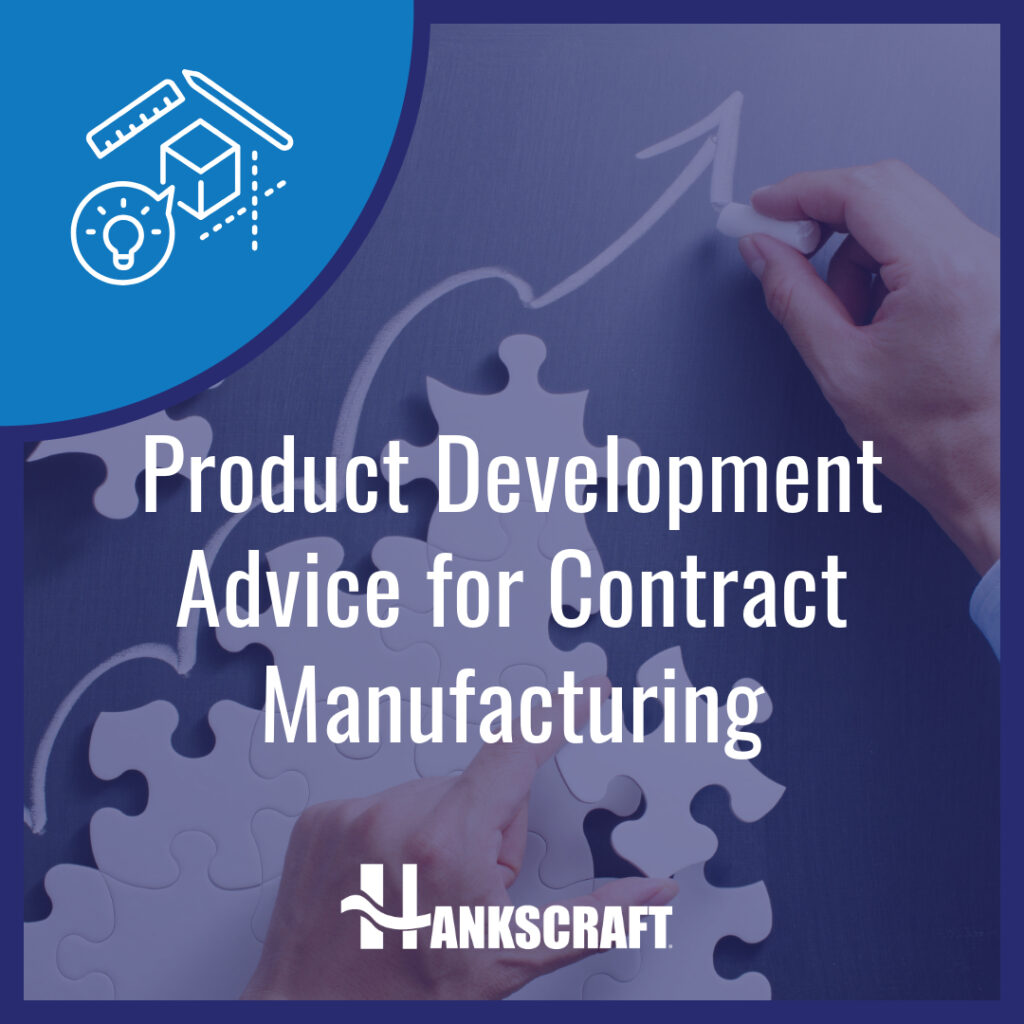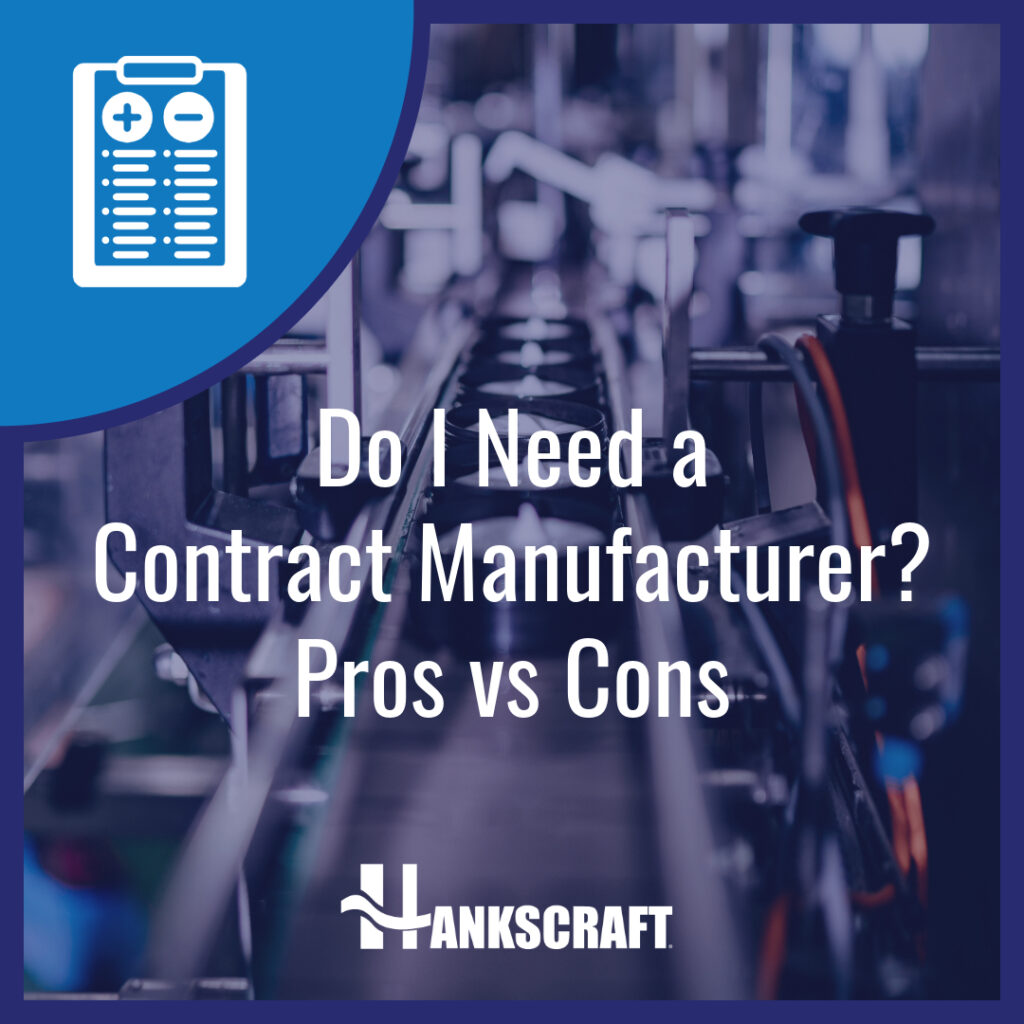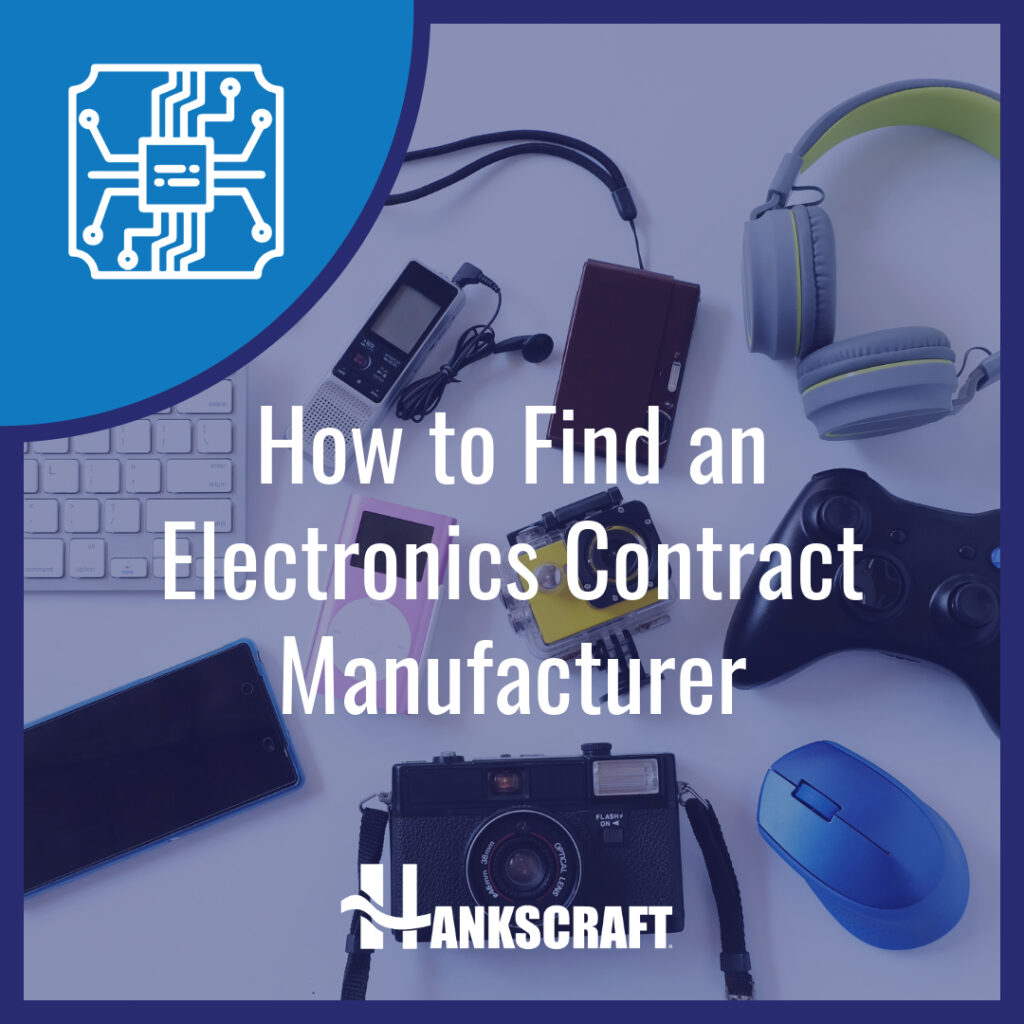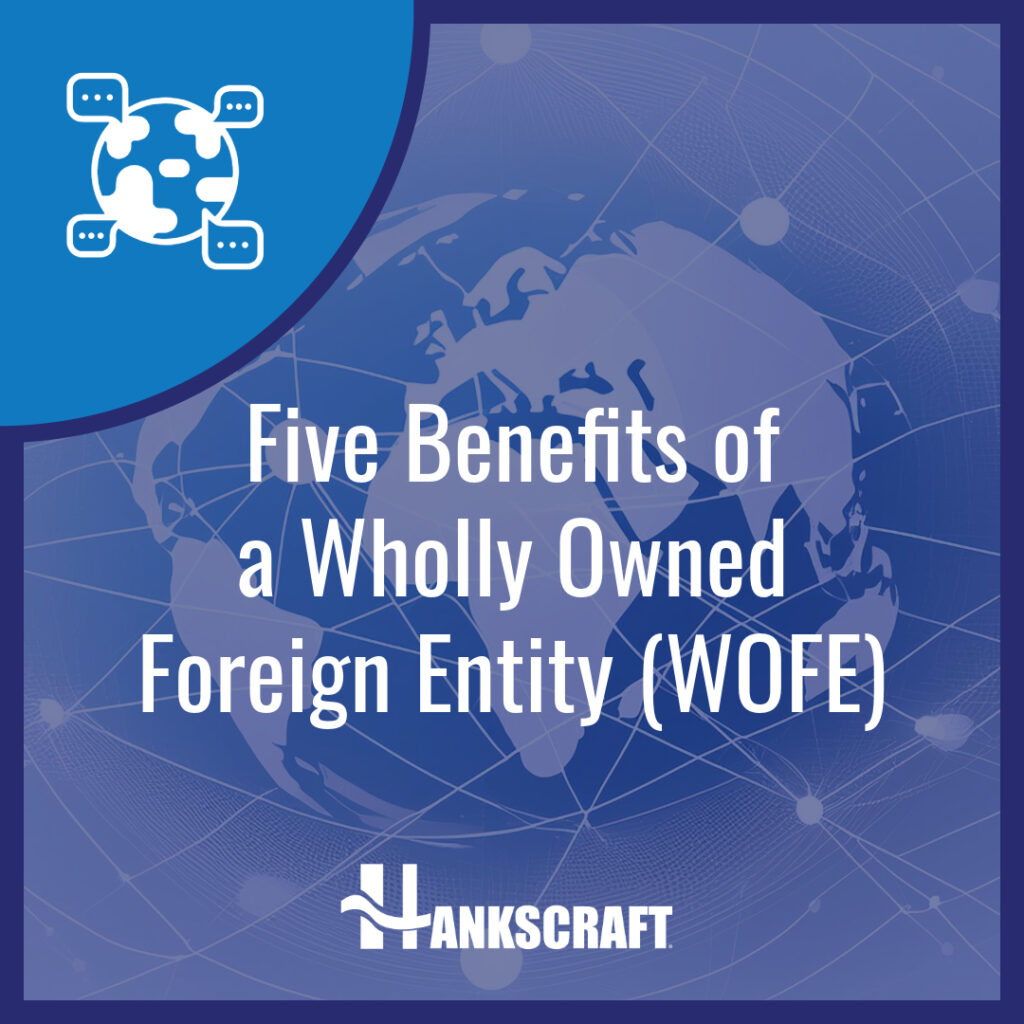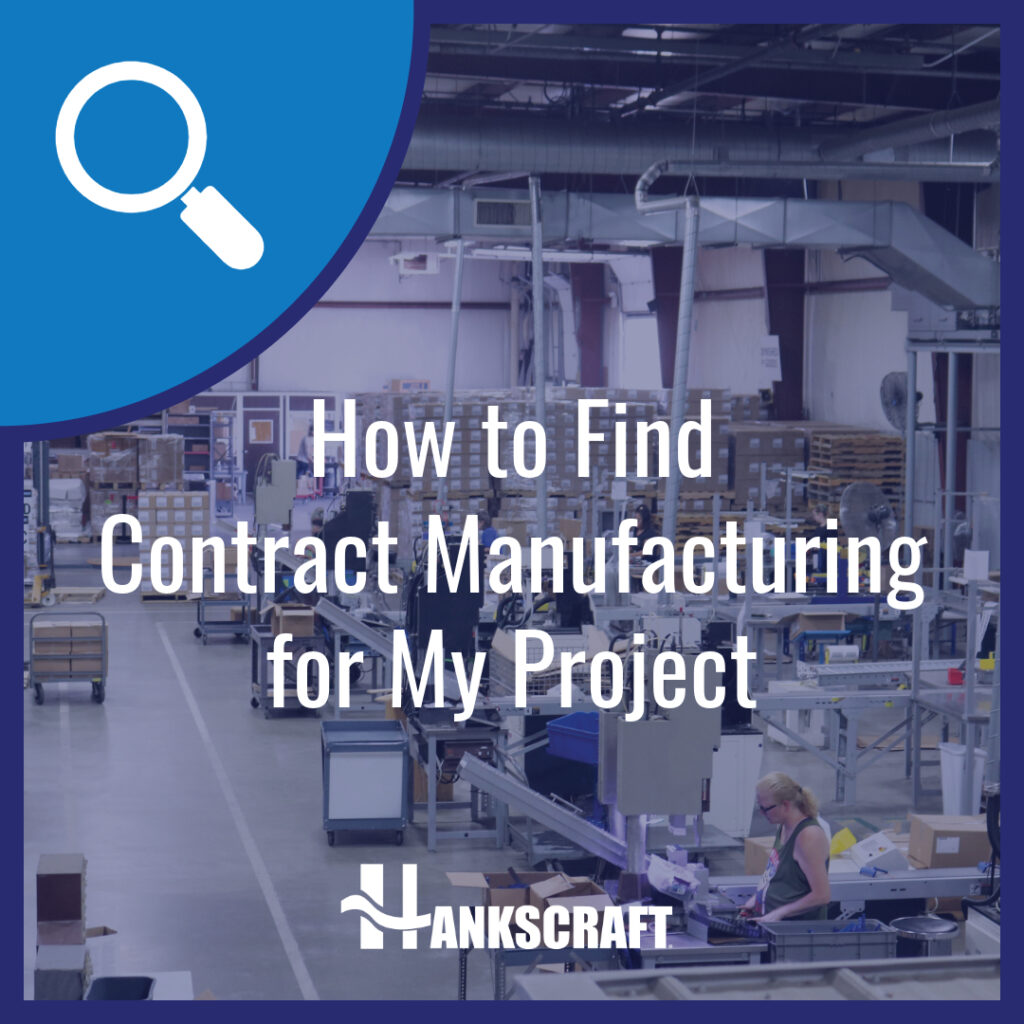Guide to Choosing a Contract Manufacturing Company
Choosing the right contract manufacturing company is a critical decision for any business.
It can significantly impact your product quality, operational efficiency, and bottom line.
Yet, the process of selecting a contract manufacturer can be complex and daunting. It involves evaluating various factors, from technological capabilities to financial stability, and from quality control to scalability.
Whether you are a business owner, a procurement manager, or an entrepreneur, this guide will provide you with insights and tips for you. Stay with us as we delve into the world of contract manufacturing and help you make an informed decision.

Understanding Contract Manufacturing
Contract manufacturing is a business model where a company outsources its production processes to a third-party firm.
This third-party firm, known as the contract manufacturer, produces goods within the hiring company’s specifications.
The contract manufacturing model offers several advantages. Companies can focus on their core competencies, such as product design and marketing, while leaving the manufacturing to experts.
Here are some key responsibilities of contract manufacturing companies:
- Production of goods based on the hiring company’s design and specifications
- Responsibility for sourcing raw materials and managing production processes
- Adherence to quality standards and regulatory compliance
- Provision of additional services like packaging and logistics, depending on the agreement
The Benefits of Contract Manufacturing
Contract manufacturing offers numerous benefits, such as financial advantage, specialization, expertise, scalability and geographical advantages.
Contract manufacturing can lead to financial advantages. By outsourcing production, companies can avoid the disadvantages of setting up and maintaining their own manufacturing facilities.
Secondly, contract manufacturers often have specialized expertise and advanced technologies that can result in improved product quality and efficiency. Finding specialized talent, resources and expertise is a common advantage of global manufacturing.
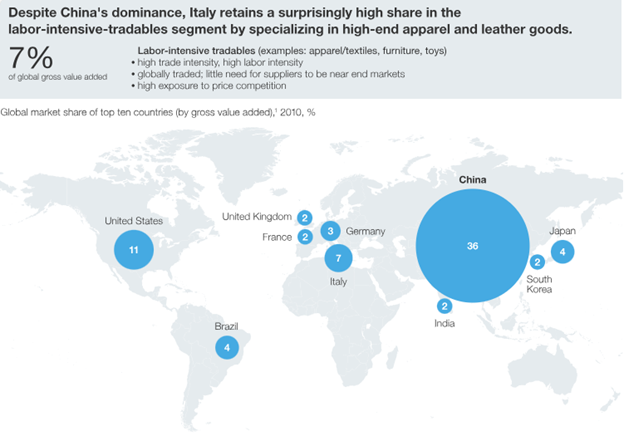
Contract manufacturing can provide flexibility. Companies can easily scale up or down their production based on market demand, without worrying about the operational challenges.
Hankscraft’s global manufacturing resources offered through a wholly owned facility overseas offer significant advantages with the benefits of a trusted contract manufacturer near you! Easy communication processes and transparent project management give you confidence and control throughout the process. Hankscraft handles all the complex and time-consuming details of the process, freeing your schedule for your own needs.
Criteria for Selecting a Top Contract Manufacturer
When it comes to choosing a top contract manufacturing company, critical decisions must me made that can significantly impact your business.
It’s not just about finding a manufacturer who can produce your product. It’s about finding a partner who understands your business, shares your values, and can contribute to your success.
Here are some key criteria to consider when selecting a contract manufacturer:
- Industry experience and specialization
- Technological capabilities
- Certifications and standards
- Financial stability and scalability
Hankscraft Inc. offers technical expertise in every step of the contract manufacturing process. From concept to completion, Hankscraft is a trusted partner for quality contract manufacturing.
Industry Experience and Specialization
Industry experience is a crucial factor in choosing a contract manufacturer.
A manufacturer with extensive experience in your industry will have a better understanding of the specific challenges and requirements. They should have established relationships with suppliers and a proven track record of delivering high-quality products.
Hankscraft has a vast network of trusted, vetted and quality vendors, in addition to their wholly owned manufacturing facility overseas. With this structure, Hankscraft handles the complex manufacturing details and communication, leaving you time to focus on what you do best. This ensures flexibility and success for your while saving you time.
Technological Capabilities
The technological capabilities of a contract manufacturer can greatly affect the quality and efficiency of your product production.
A manufacturer with advanced technologies and equipment can offer more precise production, faster turnaround times, and potentially lower costs. They can also be more adaptable to changes in product design or production volume.
Certifications and Standards

Certifications and standards are important indicators of a contract manufacturer’s commitment to quality and regulatory compliance.
A certified manufacturer will meet specific standards in areas such as quality management, environmental management, and health and safety. These certifications can provide assurance that the manufacturer will deliver products that meet your quality expectations and regulatory requirements.
Hankscraft’s Contract Manufacturing Certifications
Hankscraft is a certified company, adhering to the best standards for quality, safety, supply chain, logistics and manufacturing processes. Hankscraft has experience in working with under UL, CSA Group, BSCI and the CCC, and has an ISO 9001:2015 certified manufacturing facility and a Six Sigma certified green belt professional on staff.
Financial Stability and Scalability
Financial stability is a key consideration when choosing a contract manufacturer.
A financially stable manufacturer will be more likely to deliver on their commitments. Together, you’ll be less likely to encounter disruptions due to financial difficulties.
Scalability is also important. A manufacturer that can scale up or down in response to changes in demand can provide greater flexibility and efficiency.
Evaluating Potential Contract Manufacturing Companies
Once you have identified the top contract manufacturing companies that meet your criteria, the next step is to evaluate them in more detail.
This involves conducting a comprehensive audit, considering location and logistics, assessing their approach to intellectual property protection, and evaluating their transparency and reporting processes.
Here are some key aspects to consider in your evaluation:
- Comprehensive audit
- Location and logistics
- Intellectual property protection
- Transparency and reporting
Conducting a Comprehensive Audit for Contract Manufacturing Selection
A comprehensive audit of a potential contract manufacturer can provide valuable insights into their capabilities, processes, and performance.
This may involve reviewing their production facilities, equipment, quality control systems, and workforce skills. It can also include assessing their financial stability, customer service, and track record of delivery performance.
Location and Logistics Considerations for Contract Manufacturing Selection
The location of a contract manufacturer can have significant implications for logistics, costs, and lead times.
A manufacturer located close to your key markets can provide faster delivery times and lower transportation costs. However, a manufacturer overseas may have greater advantage overall.

Intellectual Property Protection
Protecting your intellectual property is a critical consideration when working with a contract manufacturer.
You need to ensure that the manufacturer has robust systems and processes in place to protect your intellectual property. This includes non-disclosure agreements, secure data handling practices, and a clear understanding of intellectual property rights.
Transparency and Reporting
Transparency and reporting are key aspects of a successful contract manufacturing relationship.
A contract manufacturer should provide regular, detailed reports on production performance, quality control results, and any issues or challenges. They should also be transparent about their processes, costs, and any changes that may affect your products.
Negotiating Contracts When Choosing A Contract Manufacturing Company
Let’s say you have evaluated top contract manufacturers and selected the best one. The next step is to negotiate a contract.
This is a critical stage in the process; The contract will define the terms of your relationship with the manufacturer. It will cover aspects such as pricing, delivery schedules, quality standards, and intellectual property protection.
Here are some key elements to consider when negotiating a contract:
- Pricing and payment terms
- Delivery schedules and lead times
- Quality standards and control processes
- Intellectual property protection
- Privacy and non-disclosure agreements
- Dispute resolution processes
Strategies for Negotiating in Choosing a Contract Manufacturing Company
The contract with your manufacturer should clearly define all aspects of the manufacturing process. This includes pricing, payment terms, delivery schedules, quality standards, and more.
It should also include provisions for intellectual property protection, privacy, and dispute resolution. These elements are crucial to protect your interests and ensure a smooth, productive relationship with the manufacturer.
When negotiating the contract, it’s important to be clear about your expectations and requirements. Don’t be afraid to negotiate on key points, but also be prepared to compromise where necessary. Remember, the goal is to establish a mutually beneficial relationship that will support your business objectives.
Managing and Mitigating Risks
Working with a contract manufacturer can bring numerous benefits, but it also comes with certain risks. These can include quality issues, delivery delays, intellectual property theft, and communication breakdowns.
To manage and mitigate these risks, it’s important to have a robust risk management strategy in place. This should include regular audits and inspections, clear communication channels, and contingency plans for potential issues.
Here are some key risk management strategies to consider:
- Regular audits and inspections to ensure quality standards are being met
- Clear communication channels to address issues promptly
- Contingency plans for potential issues such as delivery delays or quality problems
Risk Management Strategies for Choosing a Contract Manufacturer
Regular audits and inspections are a crucial part of any risk management strategy. They allow you to ensure that the manufacturer is meeting your quality standards and adhering to the terms of the contract.
Clear communication channels are also essential. These can help to address any issues promptly and prevent issues that could lead to bigger problems down the line.
Ensuring Continuous Improvement for Risk Management
In addition to managing risks, it’s also important to focus on continuous improvement. This means constantly looking for ways to improve the manufacturing process, increase efficiency, and enhance product quality.
To ensure continuous improvement, consider implementing a system for regular feedback and review. This could involve regular meetings with the manufacturer to discuss performance, identify areas for improvement, and develop action plans to address these issues.
The Future of Contract Manufacturing
The world of contract manufacturing is not static. It’s constantly evolving, driven by technological advancements, changing market demands, and shifts in global trade dynamics.
Staying abreast of these changes can help you make more informed decisions about your contract manufacturing partnerships. It can also help you leverage new opportunities and navigate potential challenges.
Conclusion
Choosing the right contract manufacturer is a critical decision that can significantly impact your business’s success. By carefully evaluating potential partners, understanding their capabilities, and aligning your goals, you can establish a productive and mutually beneficial relationship. Remember, the best contract manufacturing partnerships are built on trust, transparency, and a shared commitment to quality and innovation.
Contact Hankscraft
Contact us today to discuss your project needs and explore how Hankscraft can assist you. Our team acts as an extension of your team. We’re dedicated to providing personalized solutions and seamless project management. Let us simplify your workload and improve your project outcome with our expertise and resources.
Learn More
Download your free PDF resource
Ensure you’re equipped with the essential questions for your upcoming meetings. Don’t miss out on this valuable resource to help you make informed decisions and find the perfect manufacturing partner for your project.

